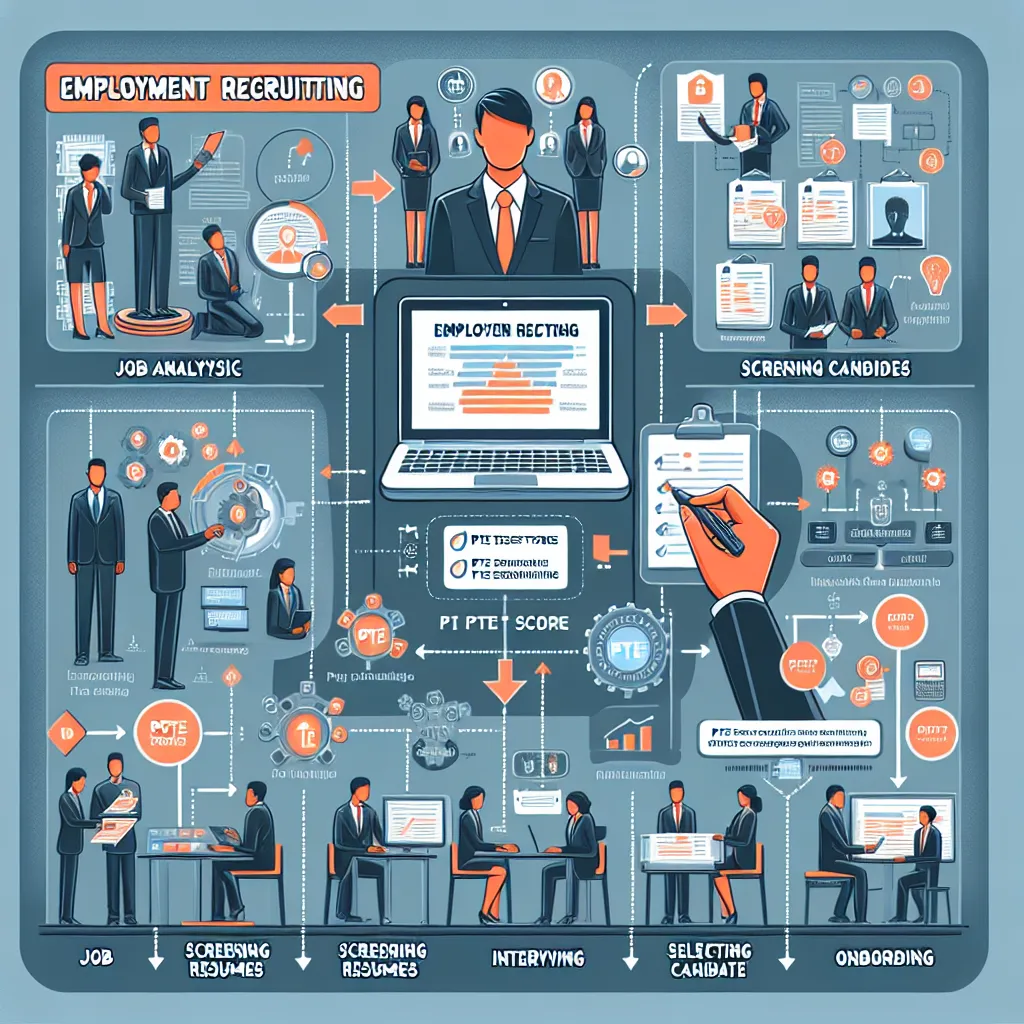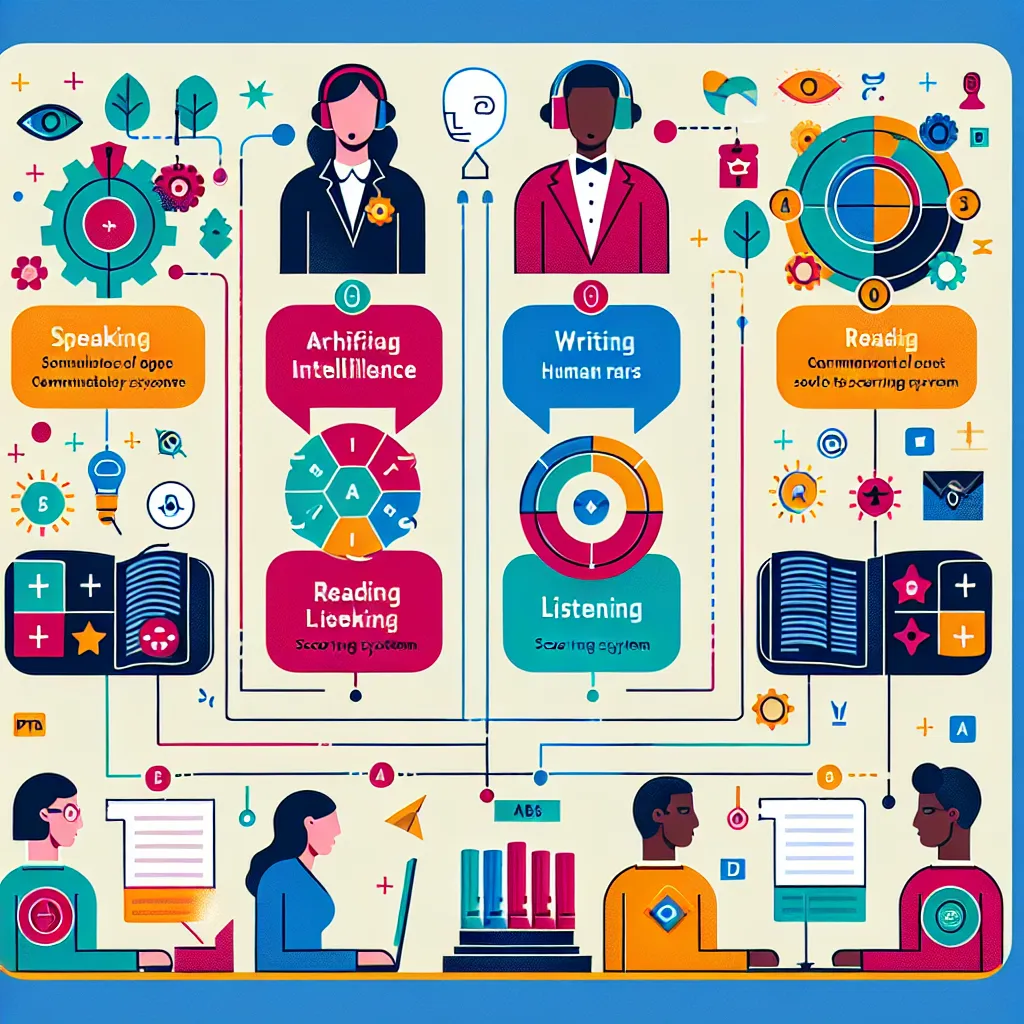The Pearson Test of English (PTE) is a widely recognized English language proficiency exam that has gained significant traction in recent years. As more professionals seek to enhance their career prospects in an increasingly globalized job market, it’s essential to understand the value of the PTE in the workplace. This comprehensive guide will explore the various aspects of how the PTE can impact your professional life and why it’s becoming an invaluable asset for job seekers and employers alike.
Understanding the PTE and Its Workplace Relevance
The PTE is designed to assess the English language skills of non-native speakers in a way that closely mimics real-life scenarios. This practical approach makes it particularly relevant to the workplace, where effective communication is crucial.
Key Features of PTE That Align with Workplace Needs
- Real-life content: The test uses materials from actual workplace scenarios, news, and academic texts.
- Integrated skills assessment: Tasks often require combining listening, reading, speaking, and writing skills, mirroring workplace communication.
- Quick results: Employers appreciate the fast turnaround of PTE scores, often available within 48 hours.
- Objective scoring: The computer-based scoring system ensures fairness and consistency, valued by HR departments.
 PTE skills in workplace
PTE skills in workplace
The Impact of PTE Scores on Job Applications
Many employers now recognize PTE scores as a reliable indicator of an applicant’s English proficiency. Here’s how your PTE score can influence your job prospects:
Highlighting Your English Proficiency
- A high PTE score can set you apart from other candidates, especially in roles that require strong communication skills.
- Some companies have minimum PTE score requirements for certain positions, particularly in multinational corporations.
Opening Doors to International Opportunities
- Many countries accept PTE scores for work visa applications, making it easier to pursue career opportunities abroad.
- International companies often use PTE scores to assess candidates for overseas assignments or remote work positions.
Industries Where PTE is Particularly Valuable
While English proficiency is beneficial across all sectors, some industries place a higher premium on PTE scores:
- Information Technology
- Business and Finance
- Healthcare
- Hospitality and Tourism
- Education and Research
- International Relations and Diplomacy
Case Study: IT Sector and PTE
The IT industry, known for its global nature, often requires employees to collaborate across borders. A software developer with a high PTE score might find it easier to:
- Communicate effectively with international clients
- Participate in global team meetings and presentations
- Write clear and concise technical documentation
- Understand and contribute to English-language coding forums and resources
How Employers Use PTE Scores in Recruitment
Understanding how employers utilize PTE scores can help you better prepare for your job search:
Screening Candidates
- Many companies use PTE scores as an initial screening tool to shortlist candidates with the required English proficiency.
- Some applicant tracking systems (ATS) are programmed to filter applications based on PTE scores.
Assessing Communication Skills
- Recruiters often correlate PTE scores with a candidate’s ability to handle job-specific communication tasks.
- Higher scores in speaking and writing sections may be particularly valued for customer-facing roles.
Determining Training Needs
- HR departments may use PTE scores to identify areas where new hires might need additional language support or training.
 PTE in recruitment process
PTE in recruitment process
Enhancing Your Career with a Strong PTE Score
A high PTE score can do more than just help you land a job; it can also boost your career progression:
Promotion Opportunities
- Employees with strong English skills are often considered for leadership roles that require effective communication with diverse teams.
- International assignments or expansion projects may prioritize team members with proven English proficiency.
Professional Development
- Many professional development courses and certifications are conducted in English, making them more accessible to those with high PTE scores.
- Networking opportunities, both online and at international conferences, become more fruitful when you can communicate confidently in English.
Tips for Leveraging Your PTE Score in the Workplace
To maximize the value of your PTE score in your professional life:
- Include your PTE score on your resume and LinkedIn profile.
- Mention your score in cover letters, especially when applying for roles that require strong English skills.
- Be prepared to discuss your PTE experience during interviews, highlighting how it reflects your commitment to professional communication.
- Use your PTE preparation as a springboard to continue improving your English skills on the job.
The Future of PTE in the Workplace
As the global business landscape continues to evolve, the importance of standardized English proficiency tests like the PTE is likely to grow:
- Remote work trends may increase the demand for verifiable English skills.
- AI and machine learning advancements could lead to more sophisticated language assessment tools, potentially integrating PTE-like evaluations into ongoing workplace performance reviews.
- The PTE may expand to include industry-specific modules, further enhancing its relevance in specialized fields.
Conclusion
The PTE is undeniably valuable in the workplace, serving as a reliable measure of English proficiency that can significantly impact your career trajectory. From opening doors to new job opportunities to enhancing your prospects for promotion and professional development, a strong PTE score is an asset in today’s globalized job market. By understanding and effectively communicating the value of your PTE score, you can position yourself as a strong candidate in an increasingly competitive and international workplace.
Remember, while a high PTE score is beneficial, it’s just one aspect of your professional profile. Combine your language skills with industry knowledge, technical expertise, and soft skills to create a well-rounded package that appeals to employers worldwide. As you continue to develop your career, let your PTE score be a foundation upon which you build a successful and communicative professional persona.




